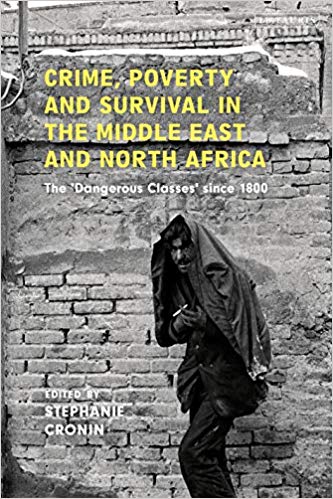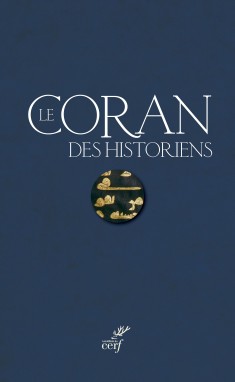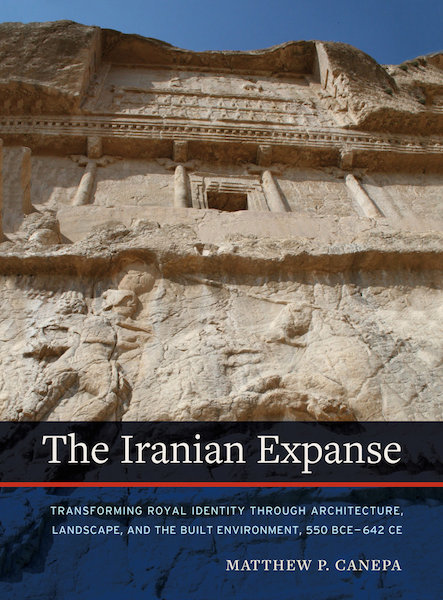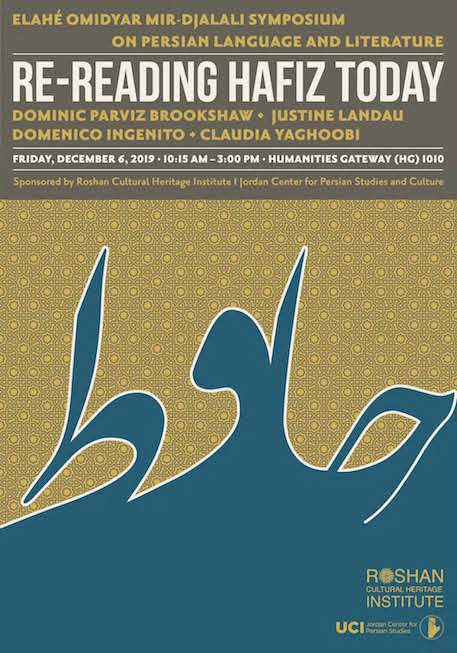New Book: “Crime, Poverty and Survival in the Middle East and North Africa: The ‘Dangerous Classes’ since 1800,” Edited by Dr. Stephanie Cronin, Elahé Omidyar Mir-Djalali Research Fellow, University of Oxford
Roshan Cultural Heritage Institute congratulates Dr. Stephanie Cronin, Elahé Omidyar Mir-Djalali Research Fellow at Oxford, on being the Editor of the new publication, Crime, Poverty and Survival in the Middle East and North Africa: The ‘Dangerous Classes’ since 1800 (I. B. Tauris, 2019). The book is a collection of papers that were presented at a conference organized by Dr. Cronin at St Antony’s College, Oxford, with funding from Roshan Cultural Heritage Institute.
The concept of the “dangerous classes” was born in mid-nineteenth century Europe. It described all those who had fallen out of the working classes into the lower depths of the new societies, surviving by their wits or various amoral, disreputable or criminal strategies.

Crime, Poverty and Survival in the Middle East and North Africa: The ‘Dangerous Classes’ since 1800 examines the ‘dangerous classes’ in the Middle East and North Africa, their lives and the strategies they used to avoid, evade, cheat, placate or, occasionally, resist, the authorities. Chapters cover the narratives of their lives; their relationship with ‘respectable’ society; their political inclinations and their role in shaping systems and institutions of discipline and control and their representation in literature and in popular culture.
Dr. Cronin is a member of the Faculty of Oriental Studies, University of Oxford where she teaches graduate courses in Modern Middle Eastern Studies, specifically on Iranian history (Qajar and Pahlavi periods) and History from below in the Middle East and North Africa. She is the author of many books on modern Iranian history and is currently working on a social history of modern Iran “from below”.




